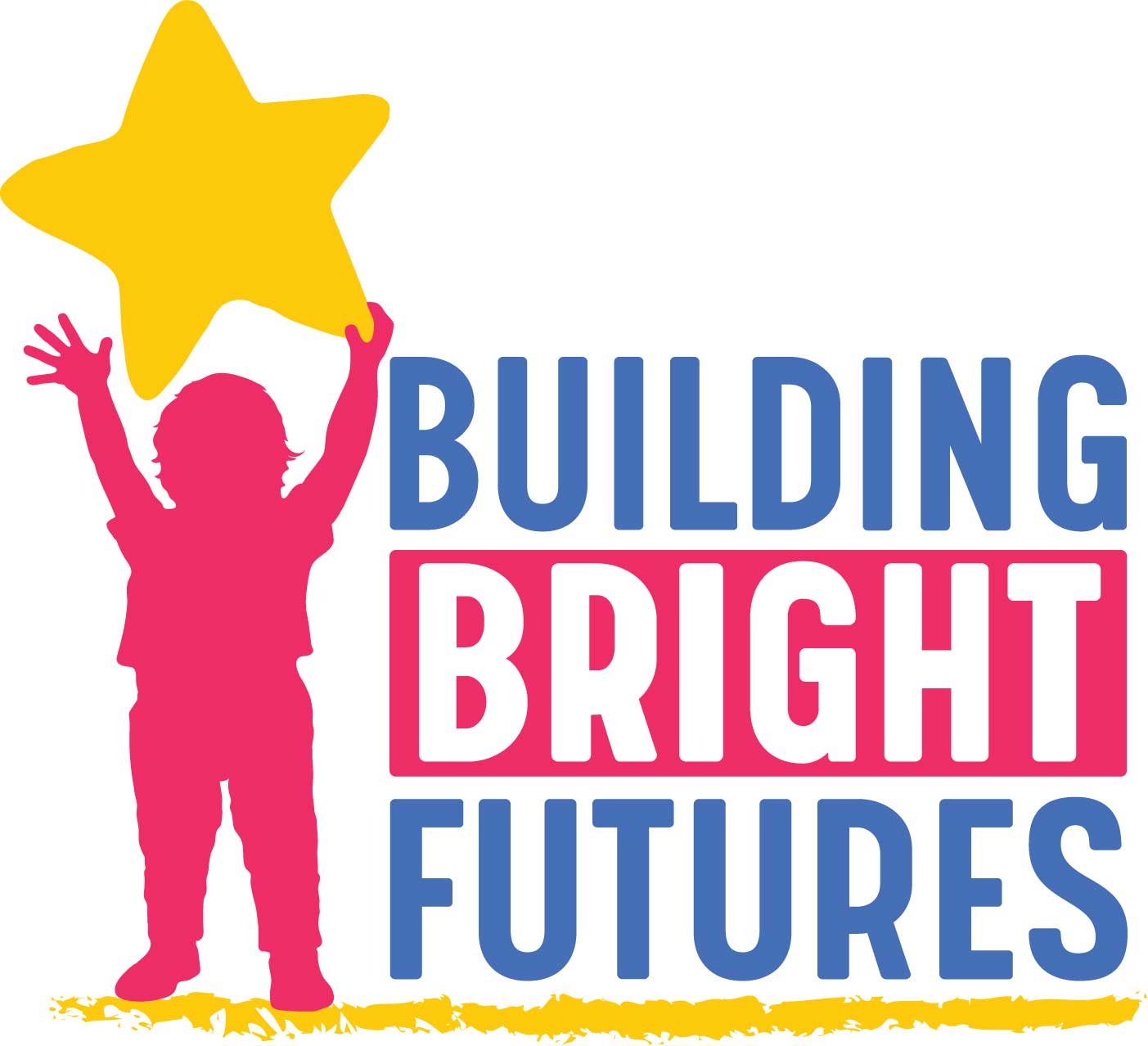Building Bright Futures (BBF) has released a new data brief through Vermont’s Early Childhood Data & Policy Center titled “Special Accommodation Grants: Increasing Equitable Access to High-Quality Child Care for Children with Specialized Needs.” Special Accommodation Grants (SAGs) are a key way that Vermont supports the inclusion of children with acute specialized needs in early childhood education and afterschool programs. SAGs can currently be used to pay for training for staff and one-on-one supports for children.
In partnership with Vermont’s Child Development Division’s Children’s Integrated Services State Team, BBF analyzed data on SAG applications and grantees for State Fiscal Year 2022 (July 2021–June 2022) to better understand the program, make the data publicly accessible, and support continuous quality improvement. The report also explores the challenges that keep child care providers from being able to use the SAG program to its fullest potential and outlines the significance of the findings related to future policymaking and decision-making.
In SFY 2022:
- There were 74 SAG applications. 64 of these applications met the criteria for funding and were approved.
- Of the 64 grantees, 27 withdrew their applications and did not make use of the SAG funding. In 93% of these cases, the withdrawal was because these child care programs were not able to find and hire a one-on-one classroom assistant.
- 40 children received services across 37 programs, using $252,592 in SAG funds.
- Of the children served, 85% had a mental, emotional, developmental, and/or behavioral health diagnosis.
- The child care placement of 91% of these children was in jeopardy at the time of application.
- 47% of these children had previously been required to leave a child care program.
“This is the first time that data on the Special Accommodation Grants program has been publicly accessible,” BBF Executive Director Dr. Morgan Crossman said. “While there are more questions to be explored, having accessible data is a critical first step that significantly expands our understanding of the way the current program is functioning. We are proud of our partnership with the Child Development Division’s CIS State Team and are grateful for their dedication over the past three years to compiling and sharing quantitative and qualitative data to produce two critical data briefs that have, and will continue to support data-driven decision-making and continuous quality improvement.”
The primary desired outcome for SAGs is the safe and successful inclusion of children with specialized needs in their early childhood education or afterschool programs. For SFY 2022, reports showed the majority of children achieving the key desired outcomes most or all of the time.
The report includes data on allocated and expended funds for SAGs from SFY 2018–2022, although it points out that more information is needed to understand the financial picture and true cost of the SAG program and notes that the authors will update the figures if additional data becomes available. While not specific to the SAG program, the report outlines historical tensions in governance leading to continuous uncertainty about the prioritization of the current systems supporting our youngest and most vulnerable children.
The report found that the SAG program is not currently meeting its potential or serving all eligible children due to significant and long-standing challenges, including:
- The administrative burden on applicants related to completing the application, hiring and managing staff, and being offered reimbursement-based SAGs instead of up-front funding
- The unknown need for the program, including the number of children across Vermont in need of SAGs and the true cost if all eligible children received funding
- A lack of time and capacity for the Child Development Division’s Children’s Integrated Services State Team to fully administer the program
- A lack of high-quality comparable data and reporting
The data brief outlines the significance for future policymaking to address these challenges, including returning to an advance payment model, streamlining the application, expediting the development of the Child Development Division’s Information System (CDDIS), and exploring strategies to prevent exclusion of children with a mental, emotional, developmental, and/or behavioral health diagnosis.
There are some limitations to the data in the report, including small sample size, self-selection bias, and impacts of the COVID-19 pandemic.
BBF serves a critical role in Vermont, operating as a broker of up-to-date, high-quality data and information to guide policy decisions and strategy related to children, families, and the early childhood system. This data brief is one example of how BBF is supporting Vermont in compiling, analyzing, summarizing, and disseminating high-quality data to inform decision-making.
The findings of the brief do not necessarily indicate the views of the State of Vermont.






